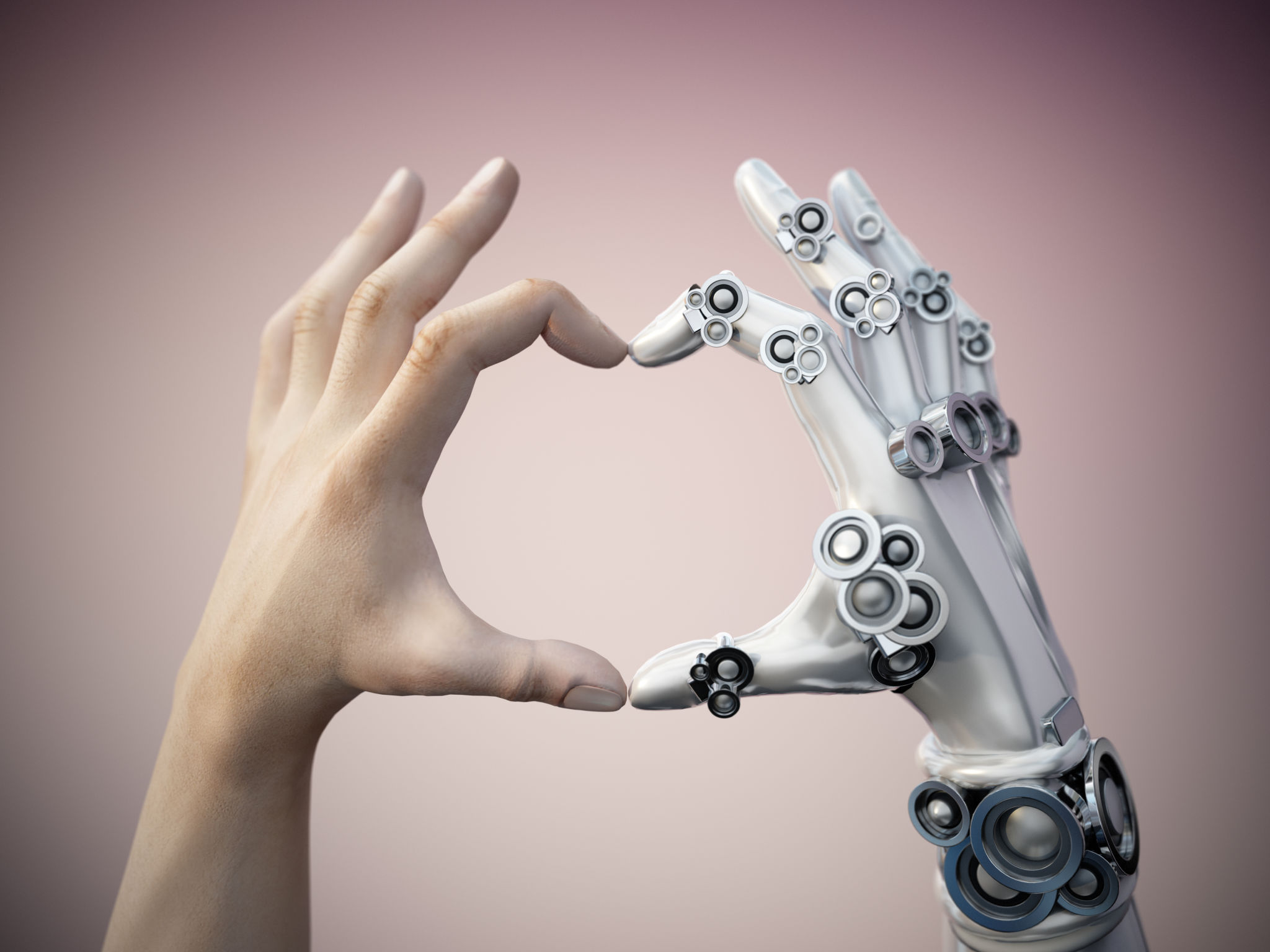Myths and Facts About AI Tools: Separating Reality from Fiction
Understanding AI Tools: Dispelling Common Myths
Artificial Intelligence (AI) tools have quickly become integral to various industries, promising efficiency and innovation. However, they are often surrounded by a cloud of myths and misconceptions. In this post, we'll explore some of these myths and shed light on the facts, helping you navigate the world of AI with a clearer perspective.
One common myth is that AI tools are fully autonomous and require no human intervention. While AI can automate many tasks, human oversight remains crucial. AI systems often need to be guided, monitored, and fine-tuned to ensure they operate effectively and ethically.

Myth: AI Will Replace All Jobs
A prevalent fear is that AI will lead to widespread job loss. While AI can automate repetitive tasks, it also creates new opportunities. Jobs that require creativity, emotional intelligence, and complex problem-solving remain beyond the reach of current AI capabilities. In fact, AI often complements human work, enhancing productivity rather than replacing it.
According to studies, AI is expected to create more jobs than it displaces by opening up new sectors and roles that require human expertise. Embracing AI means preparing the workforce with skills that complement these technological advancements.

The Reality of AI Capabilities
Another misconception is that AI tools can think and feel like humans. While AI can process data at incredible speeds and learn patterns, it lacks consciousness and emotions. AI systems operate based on algorithms and data inputs, making them powerful tools but not sentient beings.
It's important to approach AI as a tool that enhances human capabilities rather than as a replacement for human intuition and empathy. This understanding helps in leveraging AI's strengths while recognizing its limitations.

Myth: AI Tools Are Infallible
There's a belief that AI tools are always accurate and reliable. In reality, the performance of an AI system heavily depends on the quality of data it is trained on. Poor data quality or biased datasets can lead to inaccurate predictions and decisions. Continuous evaluation and improvement of these systems are necessary to maintain their effectiveness.
Moreover, transparency in AI processes is essential to ensure accountability and trust. Developers must strive to make AI systems understandable and accessible to users.
Embracing AI with Informed Perspective
As we continue to integrate AI into our lives, it's crucial to distinguish between hype and reality. By dispelling myths and understanding the facts about AI tools, individuals and businesses can make informed decisions about how best to adopt these technologies.
An informed perspective will not only help in maximizing the benefits of AI but also in addressing ethical concerns and fostering a collaborative environment where humans and machines coexist harmoniously.
